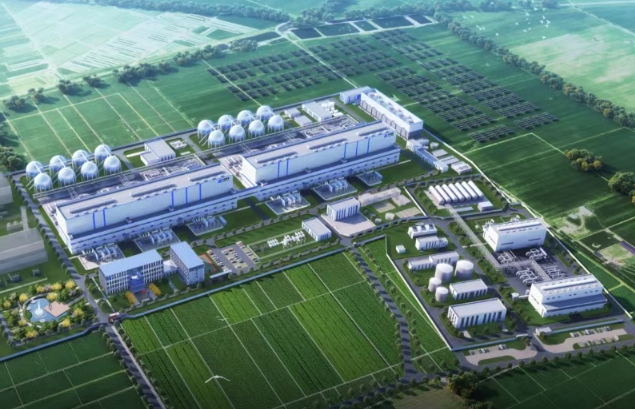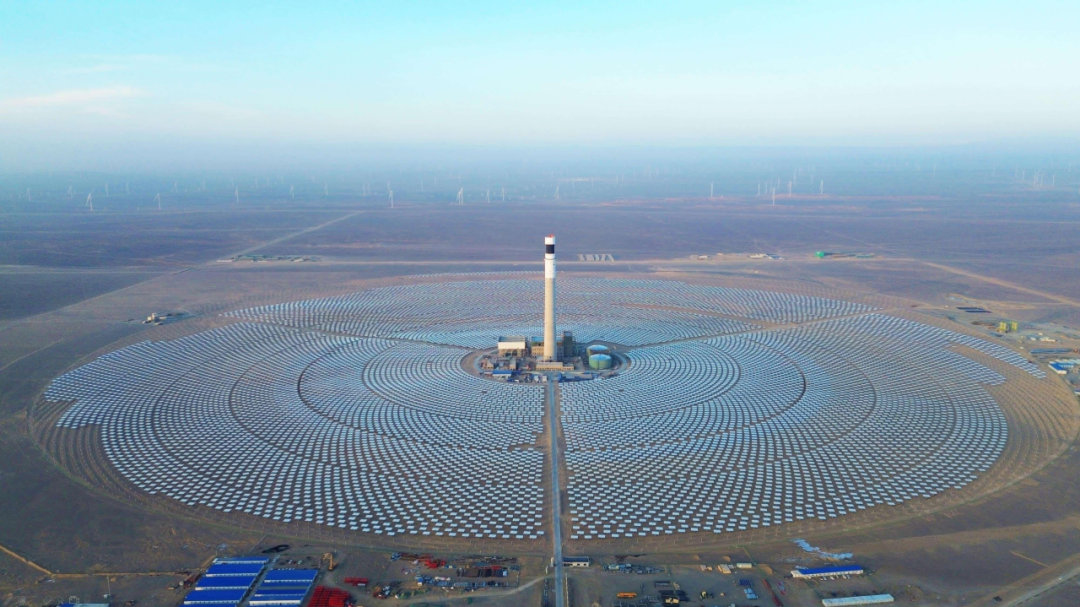Recently, Row BC of the No.2 main powerhouse of Huaneng Jintan 2×350MW Salt Cavern Compressed Air Energy Storage Power Station, constructed by Shandong Electric Power Construction No.1 Company, successfully completed structural capping.
The main powerhouse of Unit No.2 of the project adopts a large flat-floor layout with a huge scale, featuring 18 axes in total and a total length of 178 meters. It is a structure where steel beams intersect with cast-in-situ concrete beams, with interwoven beams and columns and applying fair-faced concrete technology, making the construction process quite complicated.

In response, the project team has meticulously planned and scientifically managed the work, strictly enforced safety and quality control, continuously advanced the “special governance on technical compliance” initiative, and adhered to the quality philosophy of “achieving excellence at the first attempt, striving for perfection”. By reasonably arranging construction time and procedures and adhering to high standards and strict requirements, the team successfully completed the capping task of Row BC, ensuring that the project progress, quality and safety advance in parallel.


